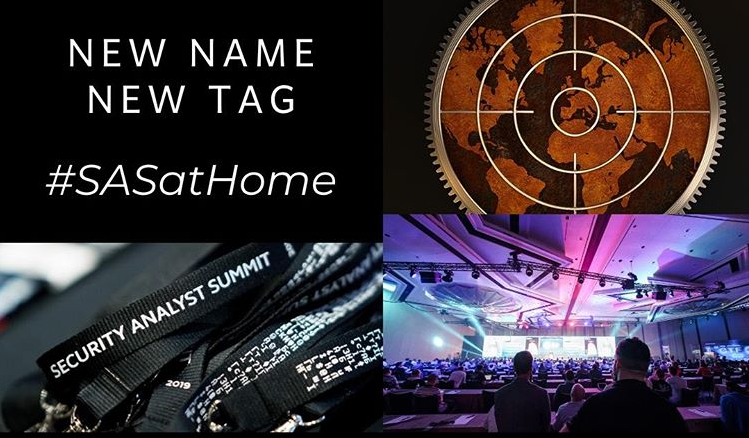
Amongst some others the Zeus bot is one of the most prolific bots in the wild and in the media. Lately there has been quite a few reports on the aspects surrounding Zeus, such as new research and the Troyak takedown.
Naturally, this is great news. However, awareness is still lacking and the heavy reporting around Zeus is making more people aware of the sophistication of the cyber criminal underground. Unfortunately, In many of the reports there is a recurring incorrectness. These reports talk about “the Zeus botnet”, which is an inaccurate reflection of reality.
The reality is that there are many, many different Zeus botnets all maintained by different cyber criminals. The amount of unique Zeus botnets is likely to be in the hundreds. The cyber criminals behind the Zeus bot will sell it to anyone who can then start their own unique botnet. Going even further there are some side-branches of Zeus maintained by other cyber criminals.
Given this situation it’s not unlikely that in a large enterprise machines may be infected with Zeus bot variants which are controlled by different cyber criminals and therefore belong to different Zeus botnets.
In order to create greater distinction we’ve seen a security company give a particular Zeus botnet another name when talking about it in the media. From my own perspective this novel idea didn’t quite work as it seemed to cause more confusion rather than less.
Sadly, I’m not convinced that a botnet naming convention for variants of a particular bot will help the public have a better understanding in the short term. So where does that leave us? Well, I think there is an easy guideline.
If the security community is reasonably sure that a certain bot is controlled by one cyber criminal group we can refer to the threat as a botnet. Examples of this rule are Conficker, Storm and Mebroot. If the bot is available in the underground we should refer to the threat as bot or botnets created by the following bot. Examples of this rule are Zeus, SpyEye and Poison Ivy.





















Will the real Zeus botnet please stand up?